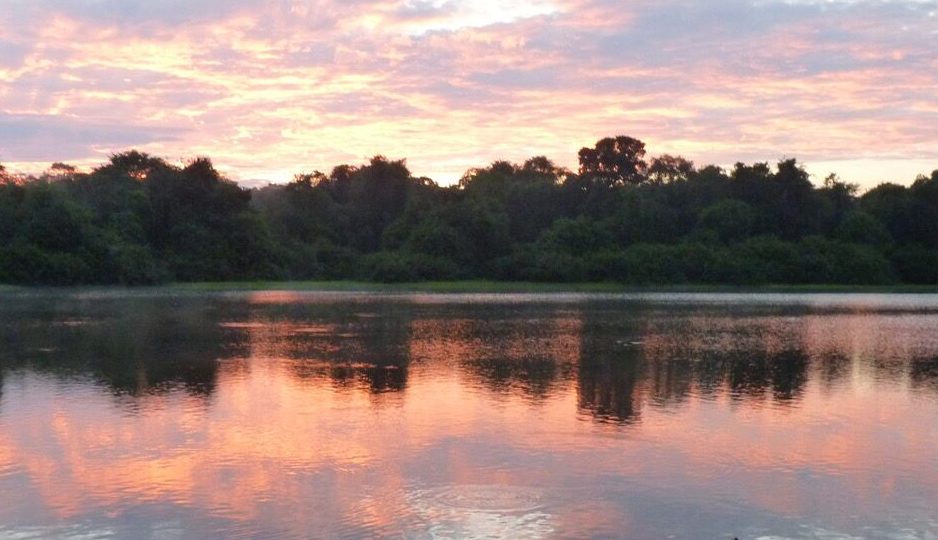Indigenous people in the Brazilian Amazon risk their lives to defend native resources from loggers and ranchers. A First Nations organization in Canada built a massive park to prevent mining. Fishing groups in Papua New Guinea have developed no-fishing areas. People living in a vast nature reserve in Guatemala are logging high-value timber in limited quantities.
According to many research surveys, nature is better on more than a fifth of the world’s territories that Indigenous people control or own. Researchers discovered that indigenous-managed forests in Brazil, Canada, and Australia had as much as or more biodiversity than lands set aside for protection by the federal and other governments.
Humans are destroying nature by consuming land to cultivate fruit, extract wood, and mine resources, as well as whaling the oceans. Worse, the burning of fossil fuels is burning the earth, making it more difficult for animals and plants to thrive.
Some researchers believe that the historical forces that have exploited natural resources at the detriment of Indigenous peoples for hundreds of years are to blame. We’re experiencing now of habitat loss and climate change is the last stage of colonialism’s effects. Reversing biodiversity loss is now widely recognized as important not only for food production and a stable ecosystem but also for reducing the likelihood of emerging viruses like the coronavirus spreading from wild animals.

Fish stocks have shrunk in recent decades on islands in Papua New Guinea, for example, where fish is a staple. Fishermen went farther out to sea and spent more time at sea, but their catches were fewer. As a result, they teamed closely with existing and international nonprofit organizations to do something different. They altered their nets to enable smaller fish to evade capture. They cut back on the use of a pesticide that causes fish to rise to the surface. Most importantly, they prohibited fishing in some areas.
Awapu Uru Eu Wau Wau’s life is constantly threatened when he is on the battlefront in the Brazilian Amazon to secure the wealth of his ancestral lands, which include jaguars, endangered brown woolly monkeys, and natural springs that feed 17 major rivers. His ancestors, the Indigenous Uru Eu Wau Wau, have a legitimate claim to the territory, but they must protect it from multiple assailants all the time.
Cattle ranchers and soy planters have razed much of the forest just beyond their 7,000-square-mile territory. Their land is one of the last remaining protected forests and savanna in Rondônia, Brazil. Illegal loggers frequently intrude.
Hundreds of countries are working to conserve at least 30% of the earth’s land and water by 2030, with a million animals on the verge of extinction. Their aim is to reach an international consensus in China later this year to protect natural areas such as old-growth forests and wetlands, which support habitats, store carbon, and filter water.
Also read :